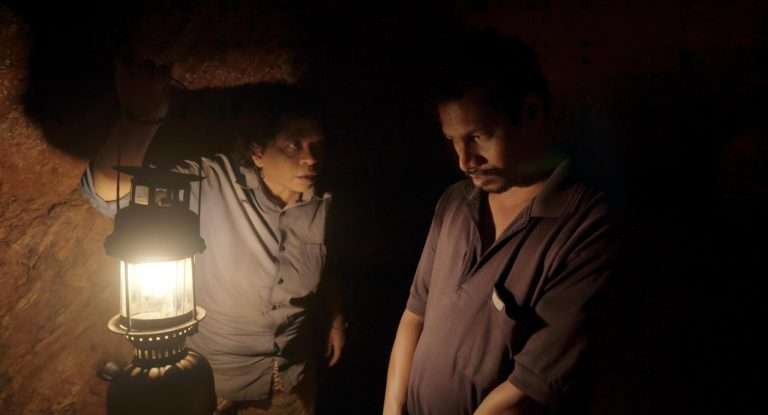“Golda” reaffirms that feature-length biopics work best when zeroing in on particular episodes of a subject’s life instead of recapitulating their entire Wikipedia page. The historical drama, which premiered in February at the 2023 Berlinale and is helmed by “Skin” director Guy Nattiv, embeds us with Israeli Prime Minister Golda Meir inside smoke-filled strategy rooms during the tense several weeks that followed a combined Arab offensive on Yom Kippur, the Jewish calendar’s holiest day. Having already played Elizabeth I and II, as well as Catherine the Great, Oscar winner Helen Mirren sinks her teeth into another head-of-state role with gusto.
The movie opens in 1973, five years after Israel prevailed over its neighbors in the Six-Day War. The hangover of victory has left government officials slow to detect Syria and Egypt’s joint effort to reclaim the Golan Heights and the Sinai Peninsula. Meir senses an attack is imminent but knows it will be politically disastrous to mobilize troops while Israelis are observing Kippur, only to be wrong. It doesn’t help that the tip is coming from an intelligence asset who recently passed along faulty information. At the same time, the reputational cost of idling in the face of a mounting invasion will cast her tenure in ignominy. “All political careers end in failure,” she presciently advises foolhardy general – and future PM – Ariel Sharon (Ohad Knoller). It’s a fate she’s learned to begrudgingly accept rather than one she intends to meet willingly. Undergoing radiation treatments for the lymphoma she would succumb to shortly after the war, she instructs her aide (Camille Cottin) to ensure no one gets a chance to capture her alive.
Complicating strategic calculus further is the Nixon administration’s inflexibility as it deals with the fallout from Watergate. Liev Schreiber is stolid and dryly funny as Henry Kissinger, whose willingness to assist is tempered by the fear that too strong a show of U.S. support will alienate America’s oil suppliers in Saudi Arabia and drive them straight into the Soviets’ open arms. Riveting, dialogue-heavy scenes of Meir locked in deliberation with her advisors efficiently allude to broader Cold War-era concerns without ever stalling the main narrative’s momentum. Mirren’s scenes with Schreiber provide the majority of the film’s comic relief. The rest comes courtesy of her pleas for Cottin’s character to slip her a cigarette. The French actress, whom Americans may recognize from appearances in Tom McCarthy’s “Stillwater” and Ridley Scott’s “House of Gucci,” does fine work as the most fiercely loyal and honest person in Meir’s circle.
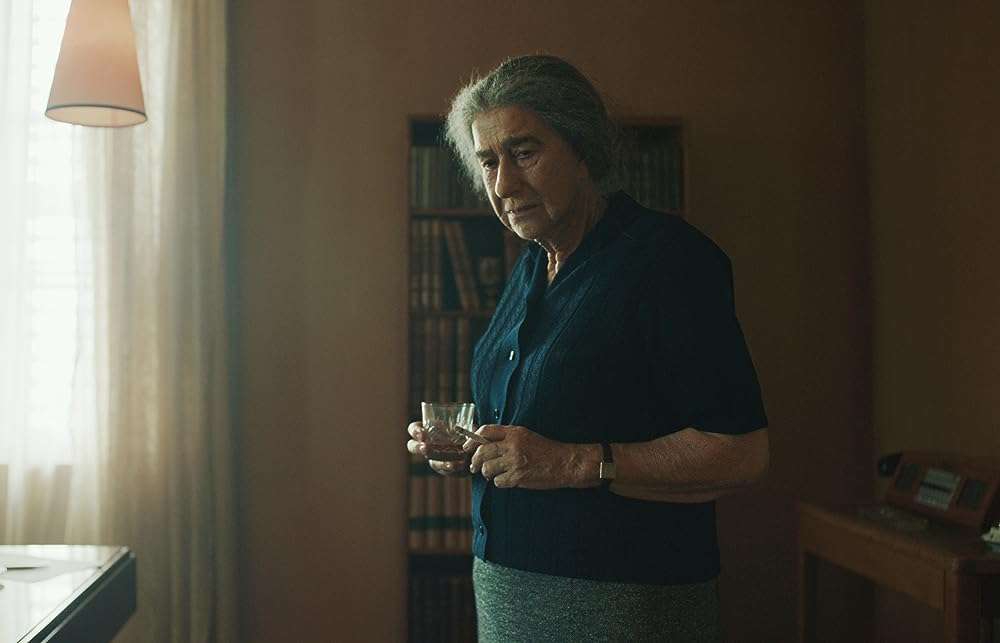
Rami Heuberger also impresses as shell-shocked Minister of Defense Moshe Dayan. Initially skeptical of a security threat, he undergoes a visceral shift of mind. It’s a small but crucial role with a range disproportionate to its screentime. But it’s Ellie Piercy, playing a typist with a son in the military, who does the most with a minor part. When the inevitable news does arrive, Piercy devastates in an extended close-up that elevates what is otherwise a stock role meant to put a human face on the personal toll of war.
As for Ms. Mirren, what’s there to really say? She’s great, of course. Did an internet-manufactured controversy ever make you seriously doubt that she would be? Mirren nails the PM’s unmistakable gait and the midwestern drawl that reveals hints of her early upbringing in Ukraine (Meir’s family fled anti-Semitism and settled in Wisconsin when she was six). Interspersed archival clips, both real and simulated, lend the portrayal additional credence (though when it comes to former Secretary of State Kissinger, seeing actual footage of him moments before a 6’3” Schreiber towers over everyone in the frame does result in a bit of unintended amusement). Mirren’s performance is definitely what you would call “baity,” but the movie’s middling reviews, Bleecker Street label, and late-August release will almost certainly keep her out of contention for a fifth Oscar nomination. Focus Features, which handled “Darkest Hour” in 2017, could’ve probably given this a push. But “Golda’s” distributor is the least of its liabilities.
Nattiv’s stylistic flourishes are more redolent of a first-time filmmaker’s bag of tricks than a seasoned artist in full command of his craft. While permitting visual variety, they mostly just cheapen the overall presentation. Segments intended to expressionistically illustrate Meir’s psychological turmoil, though no more hamfisted than similar moments in the recently released and widely acclaimed “Oppenheimer,” could’ve been easily dispensed with. While individual shots from DP Jasper Wolf are commendable (his work on “Bodies Bodies Bodies” is that film’s most interesting element), they never quite form a shared language. By the end, the movie feels like a competently made BBC drama instead of one warranting the big-screen treatment. But when it comes to condensing history into an entertaining, digestible package, “Golda” gets the job done.

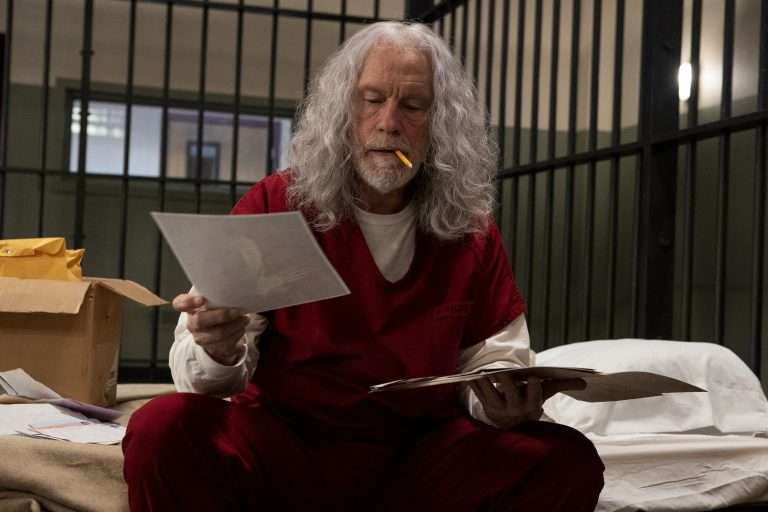
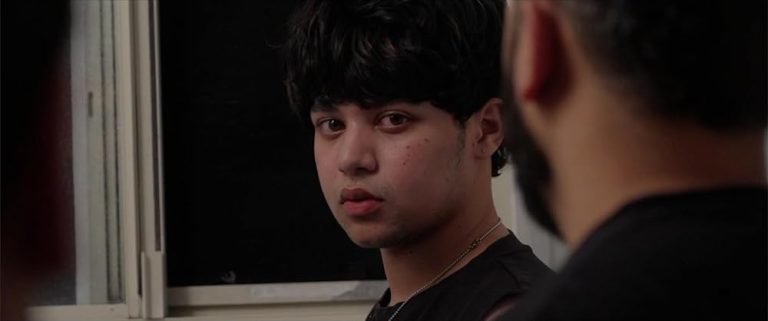
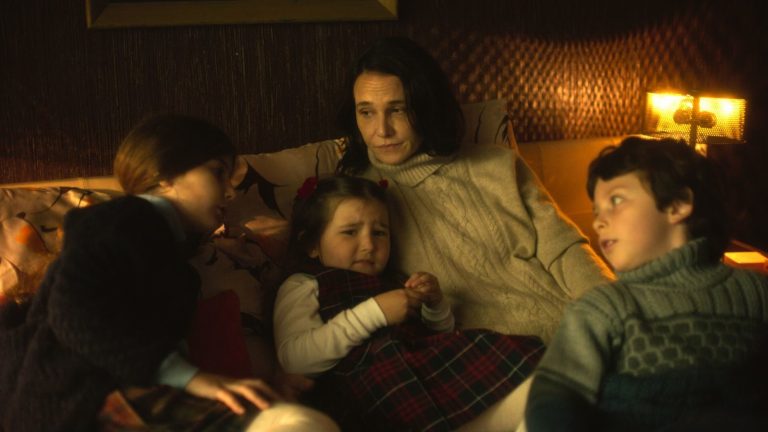
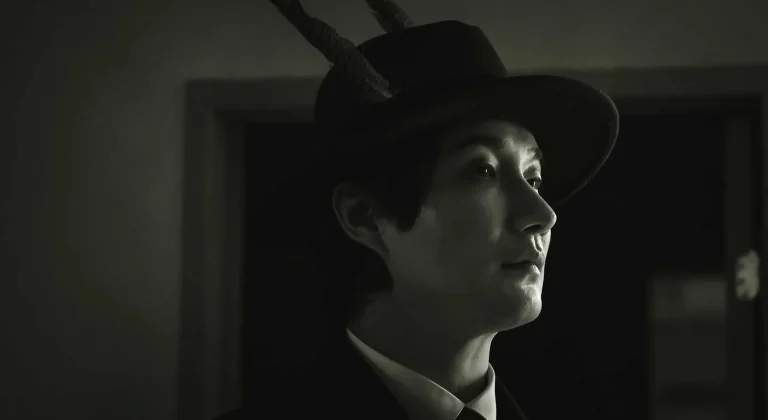
![Try Harder! [2021] Review: An Exploration of High School Overachievers, with College Rejections as the Villain](https://79468c92.delivery.rocketcdn.me/wp-content/uploads/2021/12/Try-Harder-768x384.jpg)
